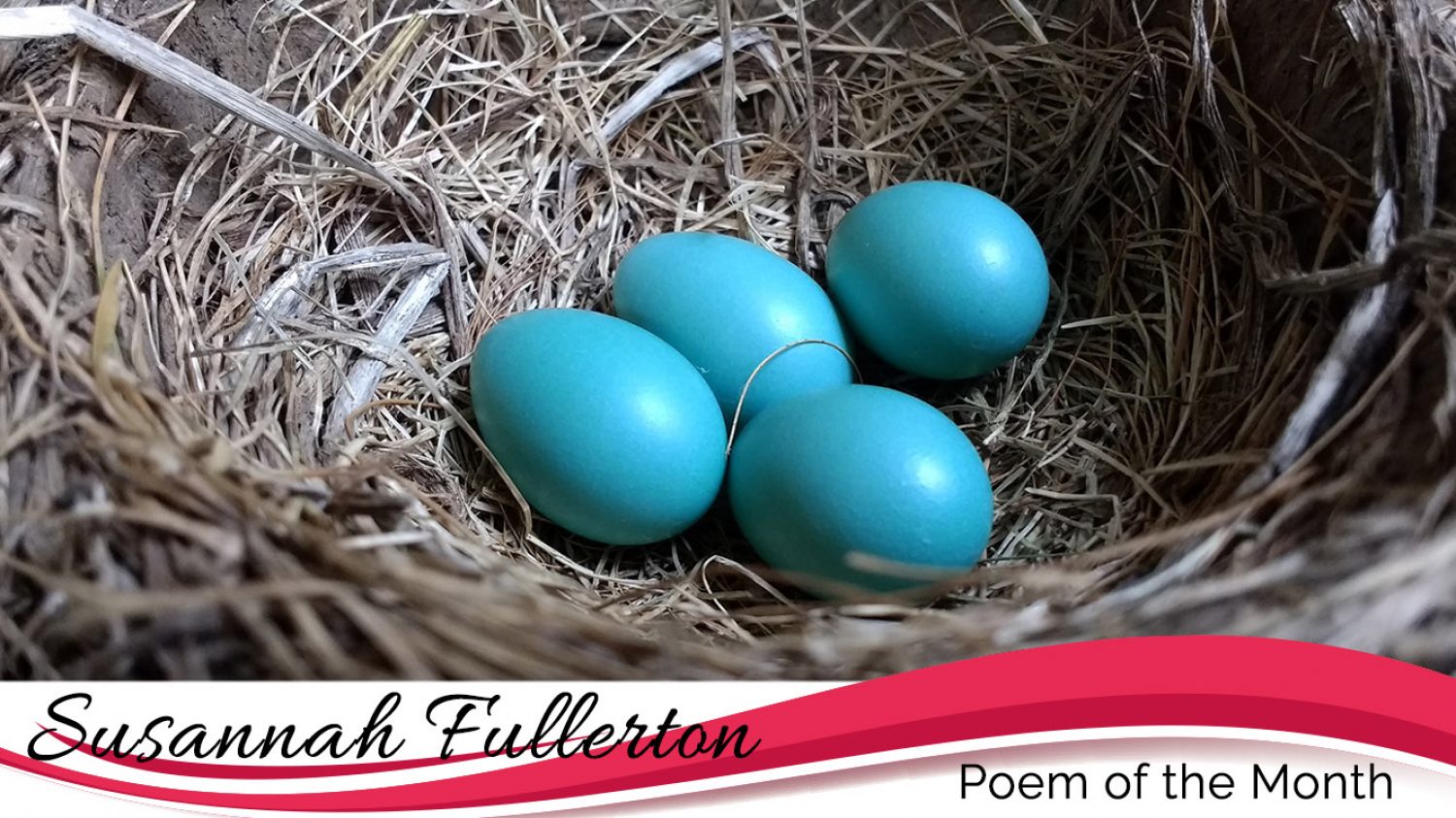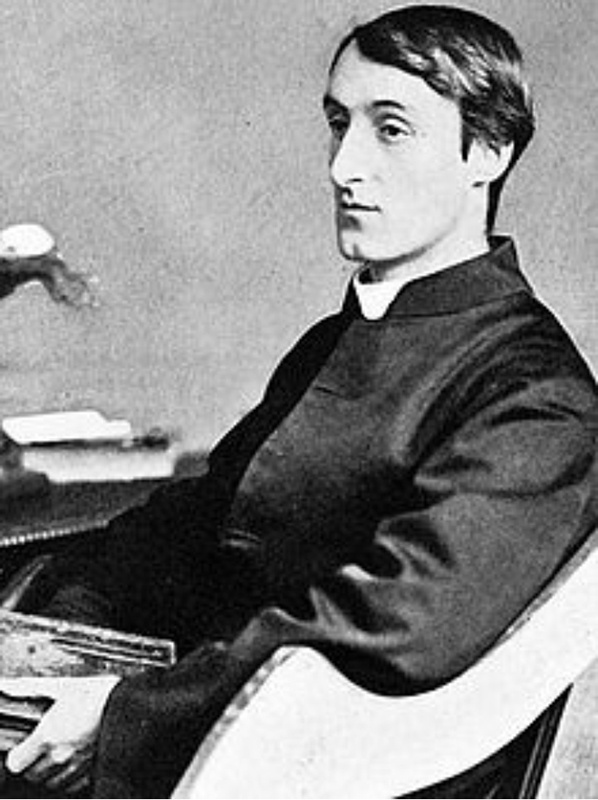Gerard Manley Hopkins (1844 – 1889) was an English poet and also a Jesuit priest. He was an original and innovative poet, and his works proved highly influential on 20th century poets such as Dylan Thomas, W.H. Auden and T.S. Eliot.
Here’s his poem Spring for you to enjoy:
Spring by Gerard Manley Hopkins
Nothing is so beautiful as Spring –
When weeds, in wheels, shoot long and lovely and lush;
Thrush’s eggs look little low heavens, and thrush
Through the echoing timber does so rinse and wring
The ear, it strikes like lightnings to hear him sing;
The glassy peartree leaves and blooms, they brush
The descending blue; that blue is all in a rush
With richness; the racing lambs too have fair their fling.
What is all this juice and all this joy?
A strain of the earth’s sweet being in the beginning
In Eden garden. – Have, get, before it cloy,
Before it cloud, Christ, lord, and sour with sinning,
Innocent mind and Mayday in girl and boy,
Most, O maid’s child, thy choice and worthy the winning.
The poem starts with a straightforward description of the spring – baby birds and lambs being born, and new growth on the trees. There’s a sense of cleansing (“Rinse and wring”) and rejuvenation which brings him joy. Winter, with its sins, is being washed away by this new season. There’s a great sense of motion in this verse – weeds “shoot”, trees bloom and lambs race. Even the skies seem to be moving, a “descending blue” that is “all in a rush”. This verse celebrates the phenomena that is spring, with the occasional word (“heavens”, and the colour blue traditionally linked to the Virgin Mary) linking it to the religious content will follow.
In the second stanza, the poem grows religious in tone and topic. The poet addresses God and asks that innocent children be saved from the sin that doomed the Garden of Eden. He shows concern that life is not always as it is in springtime, and that man’s fall, or winter, will come. To him, spring on earth is like Eden before man was expelled.
The last lines are rather jumbled and hard to make out, expressing as they do the speaker’s concern over humanity being saved. In this verse spring and all its phenomena are connected to God.
It’s a Petrarchan sonnet, broken into octave and sestet. Hopkins loves assonance and alliteration, he rolls his words around, giving a vibrating effect as if the world is humming with the growth and energy of spring.
Did this poem make you think more about springtime? Share your thoughts by leaving a comment.
Comments are moderated, and will not appear until approved.
[DISPLAY_ULTIMATE_PLUS]

